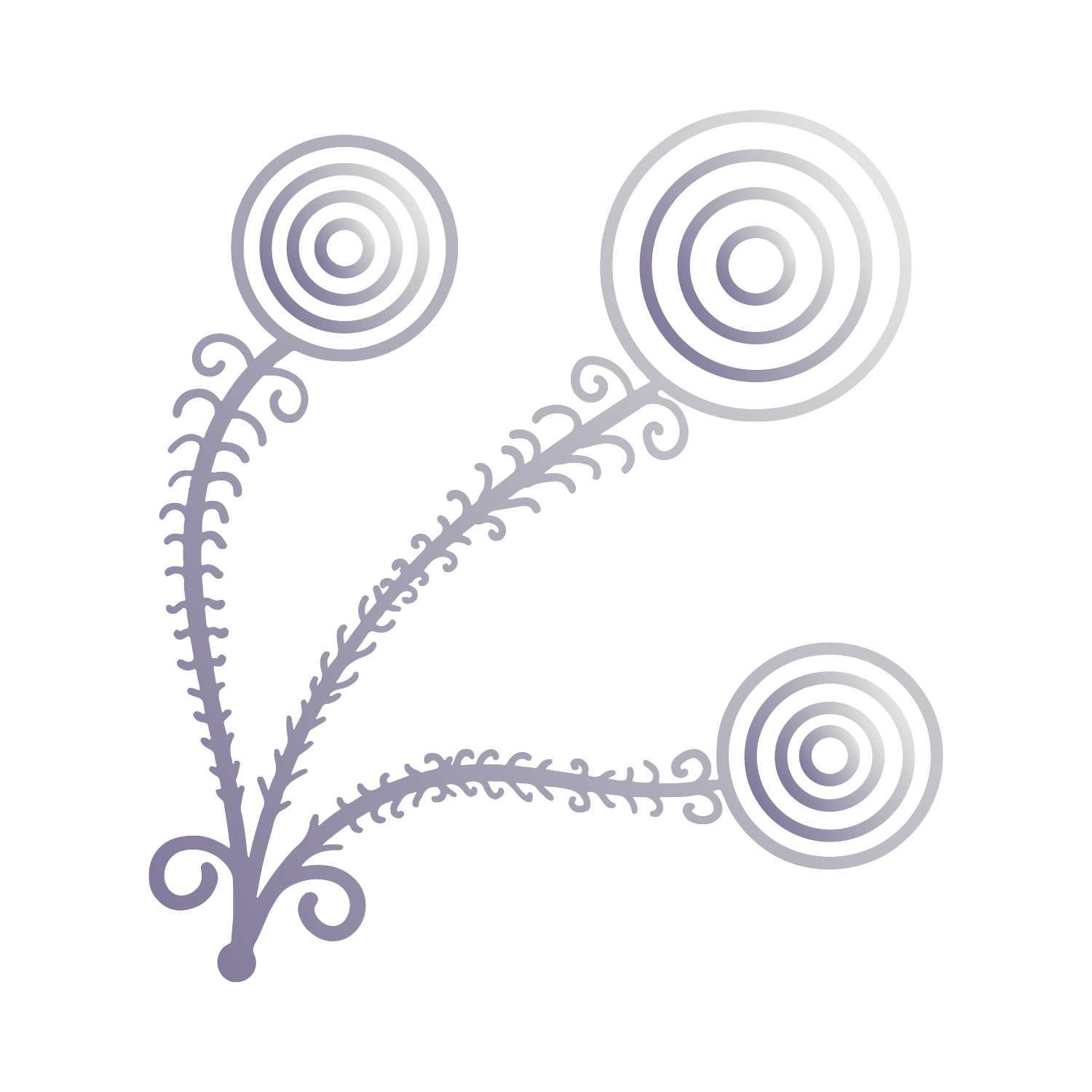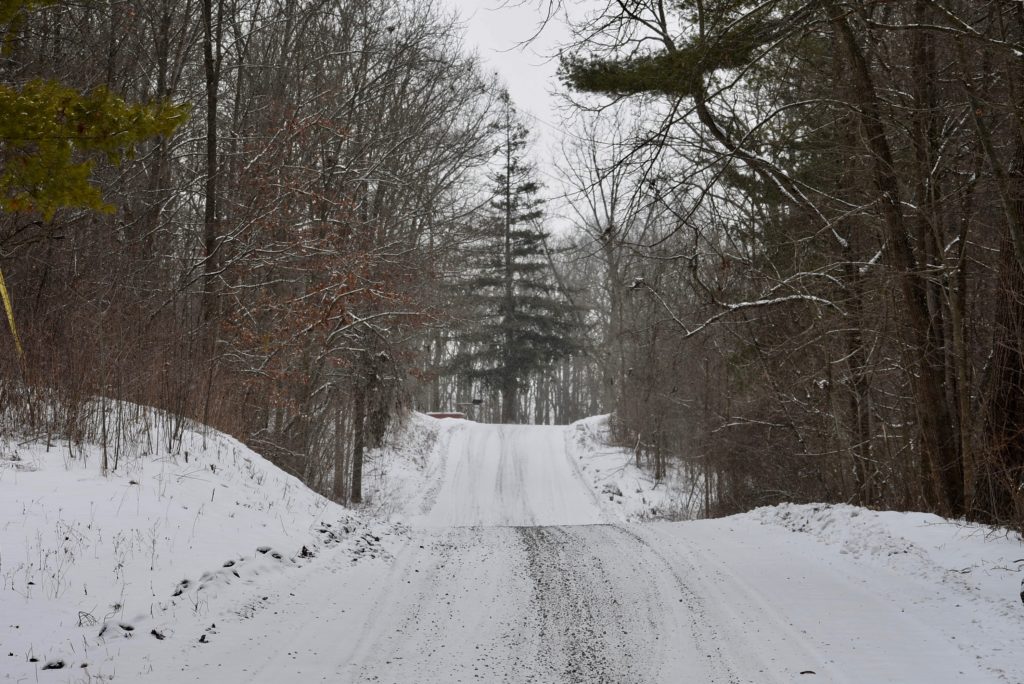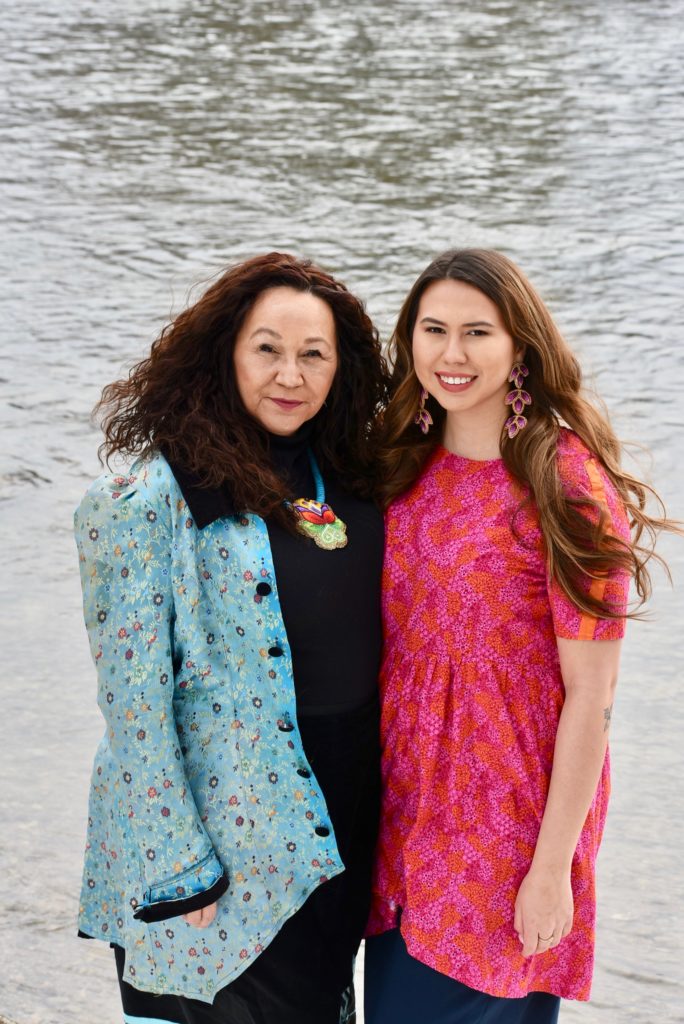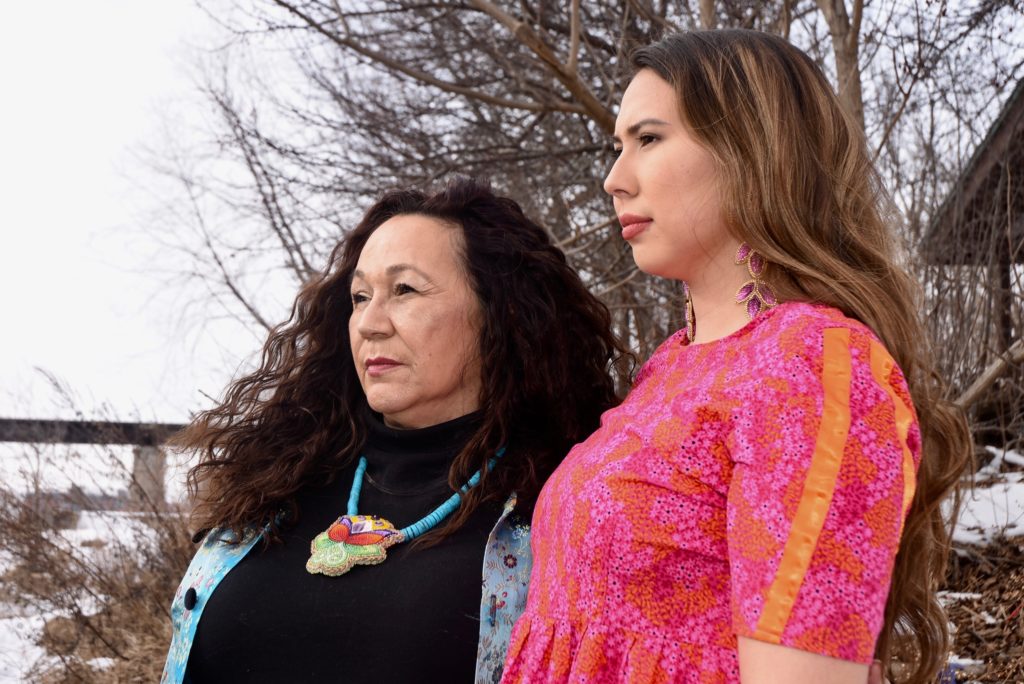
Dawn Martin-Hill
Mother, Scientist, Activist
An Interview with Dr. Dawn Martin-Hill
At Six Nations, Haudenosaunee Territories

Rematriation: What is the number one thing that you wish people knew about water rights?
Dawn: That our water is a finite amount. People think that we can just clean it up. And you can’t. I mean, 3% of the entire world’s water is drinkable. Science isn’t going to fix that. The oceans are dying too. So, we have this tiny resource and, in the Great Lakes, we were blessed with the largest mass of fresh drinking water. I am a fervent supporter of Indigenous rights: land claims, Missing and Murdered Indigenous women, all of it – but lack of fresh water is what scares me the most because I know we are running out. We, the Mohawk, are People of the Great Lakes and our ancestral homelands are surrounded by fresh water and just riches galore. In one century, White settlers destroyed it all. It makes me wonder what my great grandchildren are going to have. Protecting the water needs to be our number one priority, it is what our prophecies say.
Rematriation: How would you describe the relationship between womanhood and water and the sacred relationship between water and women.

Dawn: I think the most obvious connection is when you carry your children. My stomach would get so big, so fast. The doctor said that I had an abnormally larger “water wall.” He said, “you got added protection for your baby, but it’s all good. It’s just that you look a lot more pregnant than you are.” And that continued to happen with all of my pregnancies, so that is when I began to understand water as a form of protection.
Rematriation: You have done so much in support of water rights including your academic research as well as local initiatives. What does it mean for you to see your daughter, Makaśa, and your granddaughter, Aleena, learn about water through traditional ceremonies?
Dawn: Based on what the Elders have always said is coming, I knew that with my children I had to invest heavily in ceremony. Even as an academic, I always knew that school was not going to give them all the tools they needed to survive and thrive. I needed to give them access to another type of knowledge through language and culture immersion schools and ceremonies.
My daughters were mad at me a lot of the time when they were growing up because I would pull them out of school to go on these Unity Rides on horseback. I knew that my eldest daughter, Amber, just wanted to be normal and play baseball and be at home, but now I see her and everything she is doing in our community. The feeling that I have watching my daughters now, goes beyond pride to a mixture of relief. I know that my daughters are going to carry this knowledge and advocacy forward and that they are going to be workers. It kind of takes the burden off of me for a little bit because I know that they are creating all kinds of traditional and informed healing.
It’s beautiful, but I feel badly that I’ve handed my children this moment. It’s a mixture of emotions. I do wish that they could just be “normal” and not worry about these big problems.
Rematriation: I hear you and appreciate you sharing your perspective on your daughter’s advocacy as their mother. You’ve cared for them and taught them to have a sense of responsibility, but at the same time you are worrying for them as beings, wondering if they have what they need. What has it been like watching Makaśa take on big fights like her battle with Nestlé ?
Dawn: Makaśa carries herself with a lot of sacredness and everybody kind of just knows she’s different. She has a different role than us and I think more of a burden than most. Nobody can tell Makaśa what to do so, when she was 11 and said that she wanted to Sundance and go through her Dad’s rites of passage —her dad is Lakota Chief Arvol Looking Horse — she did that. Makaśa had Mohawk Clan Mothers go out to South Dakota to teach her as part of her ceremonies. She was in a teepee for four days and I don’t know what they shared with her, but I do know it was 111 degrees and the vessels in her face were popping. I was terrified for her, because it was so, so hot.
I said to her, “You need to come out if you’re not in good shape.” I knew that it was hot outside, and even hotter in the teepee, but she refused to come out! Oh my gosh, she is strong!

She stuck it out for four days fasting and she had visions that I won’t share, but she was worried about the future. I think that was her epiphany, that not only did she have to fast and sacrifice for the children and the future, but she had to use her voice. She was very shy and speaking publicly did not come naturally for her, but she took up this role because she felt — in her mind — that this was her purpose on Earth. It did not matter how shy she felt or how uncomfortable. What mattered was spreading the message of the spiritual and activist work that needs to be done, so our children do have a future. She’s very determined. We are all a little bit afraid of Makaśa.
Rematriation: I can hear you admiring and learning from Makaśa’s cautious determination and vigilance and even her stubbornness in some ways. What other lessons have you learned from being her mom and watching her go on this journey.
Dawn: I’m an academic and there is stress trying to get research funding and sometimes things don’t work out as planned. Makaśa reminds me when there is nothing I can do to change certain realities, she shuts me off in a really positive way and encourages me to enjoy the moment. She says worry is useless energy and tomorrow’s another day. She has a really good ability to bring you back to the present and I’ve seen her do this with a lot of people.
Makaśa reminds me of somebody from a long time ago, like if you were to meet your great, great, great grandmother. She does not mince words. She is very to the point and impactful and that is a real contribution, not only to me, but everybody in her life.
Rematriation: It’s really nice hearing you recognize her gifts and the special relationship you have with her. It is really beautiful witnessing you truly appreciate her for who she is.
Dawn: I’ve always appreciated my kids. When they were little, I would ask them in the morning, “What did you dream about last night?” One time my son, Cody, told me that he remembered being in the Sky World.
He said, “Do you know how painful it was to come into this world? It hurt so bad to come here and it is squishy in there and there’s no room — you nearly broke my shoulders, Mom!”
And I realized that he’s remembering his birth. You have these moments with your kids and when you realize how amazing they are.
Before that moment, I had never in my whole life thought about what the baby is feeling when you are in that hard labor. Kids are always sharing insightful wisdoms. I’ve always listened to my kids and now I listen to my grandkids.
Rematriation: It’s super beautiful to honor the unexpected wisdom that can come from our children. How has your commitment to listen deeply to your children and the wisdom around you influenced your work in academia? How can Western science and traditional teachings work together?
Dawn: I always knew that I was learning real knowledge in ceremony that didn’t exist at University. I’m not saying that what I was learning through Western education wasn’t valuable though. Learning terms like imperialism and how the Doctrine of Discovery was a whole genocidal project of the west helped me combat the narrative that I heard growing up that the hard things were all our fault.
I learned to see our people through a lens that was not so hypocritical and not so self-pathologizing where we tell ourselves that we are all just traumatized, broken human beings. My kids and my students — in general younger people —have a gentler way to talk about difficult subjects because they grew up with cultural programs such as immersion. With my generation and older, everything is a bit harsh, and for good reason because we were barely surviving.
I see kids as powerful little entities that we need to support, whether it’s through a research project or through language study. I try to take their cue as to what they’re talking about and what matters to them and to make sure that my research reflects their interests.
Rematriation: What does Rematriation mean to you, especially in the context of your work as a researcher?
Dawn: The movement of rematriation needs to happen for sure, in our society and outside of it, to reposition women in their appropriate places and spaces to have the authority and to change the way business is done. It happens in big and small ways, but it is the way that I’ve approached academia from day one.
Rematriation: With all the challenges in your work in academia and the ongoing fight for clean water, how do you keep your spirits lifted? What keeps you feeling light enough to continue?
Dawn: I can’t get too pessimistic because I’m talking about our kids’ futures. The prophecies tell what we are supposed to be doing right now. Education may not be for everybody, but we do all need food security. We need water security, and to reclaim our lands, so that our people can learn how to farm again. That is what I am moving towards, land-based learning and getting out of the University. I think that we should all be doing that because capitalism cannot be sustained.
We need to learn how to be self reliant and that is why I tell people that they don’t have to focus on water if that doesn’t speak to them. They can focus on language or another topic, we are going to need all of it.
Rematriation: Absolutely, we are going to all have to take on responsibilities, so it won’t feel so heavy for a few. What is your advice for young people who are dealing with climate grief and anxiety and are scared for their future?
Dawn: Kids are literally living in an era where they get bombarded everyday with social media. People need to stop talking about the apocalypse and start taking action instead. If you are talking about it because you need to heal, then go ahead and do your thing, but I am going to get to work. When Indigenous people think that they are too damaged to do anything, I think, “Do you know what our ancestors survived?”
From 1652 to 1900 our people survived waves of pandemics, epidemics and genocide including forced sterilization. We survived everything and what is coming is not going to be worse than that, I promise you that. I think Indigenous people who fear the apocalypse need to reorient themselves and think about what our ancestors prayed for and survived, so we could be alive today and do this work in this moment. It’s all in our teachings.
When students hear that we only have so much time to shut down fossil fuels, I tell them that these messages are addressed to the fossil fuel industry and the mining industry and not to them personally. I think that’s the confusion for young people, especially young Indigenous kids, that these big campaigns are talking to us. The truth is they are talking to the companies that won’t change their ways.
Western science needs Indigenous wisdom right now.
Rematriation: How do we go forward? How do we get Western science to learn from Indigenous knowledge?
Dawn: Western science needs Indigenous wisdom right now. With all the science they have, Western settlers still screwed up. We are at a point Western science and traditional medicine need to harmonize. We do not need to integrate them. What we are trying to do, as Indigenous researchers, is take two systems and draw from the best of each. We want to validate and transform knowledge going forward.
At the end of the day, there are going to be more pandemics and there are going to be moments where Western science holds knowledge that we don’t. We have to learn from each other. At this point, it is all hands on deck.
